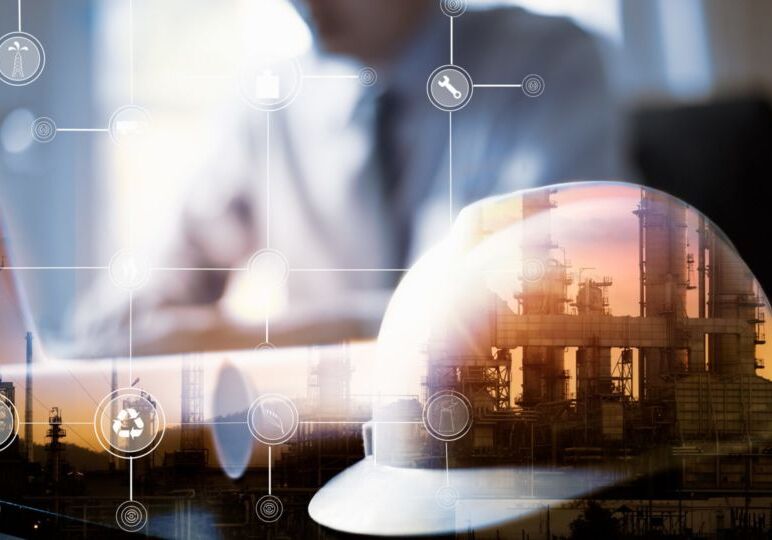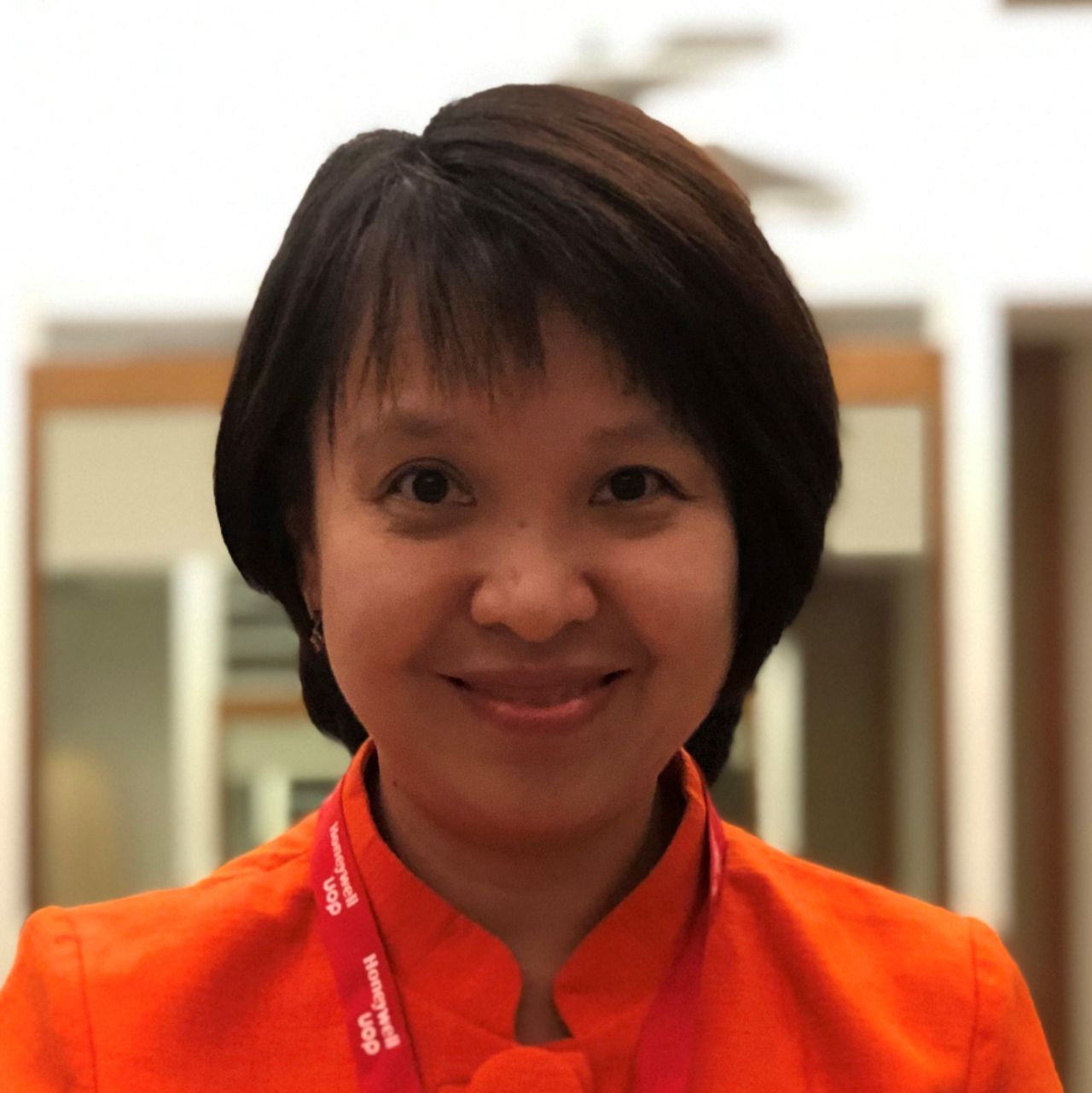Inspiring Change: PTT Global Chemical on leadership for a digital era

Exclusive interview with Napaporn Ratanapoka, Vice President Refinery, PTT Global Chemical Public Company

In the new digital era, machine is man’s solution. Increasingly, oil and gas operators are turning to AI and automation to streamline costs, mitigate risk, and support existing manpower. It is estimated that digitalisation could potentially double the profits of an already multi-billion-dollar industry.
But for Napaporn Ratanapoka, Vice President Refinery at PTT Global Chemical Public Company, no shiny box or silver bullet will take the place of good leadership, and nurturing a culture of curiosity. And these things are all the more challenging in a hyper-connected, remote world.
Forming remote connections
The new virtual normal will drive a need for new innovations, and is already driving investment. Across global oil and gas businesses, 80% plan to implement new technologies to maintain or increase investments to extend the life span of existing assets.”
Operators are arming themselves for advancement in the digital race, and Thailand – and PTTGC – are not exception. Ratanapoka outlines some of the developments at her organization to help the distributed workforce work more effectively.
“Our Field Operators use tablets for logging data and sending [it] to the system, with less paperwork required”, she describes. “This tablet also can communicate via VDO conference to the Control room and experts [at] anytime”. The global health crisis forced teams into remote communication, and spurred them to find innovative solutions.
“The digital tools which we have [were] the answers for this situation”, she explains. “We are learning more and more how to apply digitalization in our daily work for smarter process”.
But, for Ratanapoka, these business-changing innovations are only as effective as the employees whose business they’re changing.
“All employees need to upskill and reskill to get a more effective organization”, she points out. “Wherever they’re dialing in from, employees should aim for a shared goal of ‘Fast-Flexible-Fit-Efficiency’”.
Leadership for the next generation
Rising through the ranks from Chemical Engineering graduate to PTTG’s VP of Refinery, Ratanapoka has spoken to the ADI community about her journey as a female leader in the male-dominated oil and gas industry. But, she insists, dedication is gender neutral.
“There is no difference between male or female leadership, when it comes down to your passion and how to drive yourself to reach your own target” she says firmly.
Ratanapoka’s favourite book for “learning and practicing… behavior to achieve a better life” is “The Seven Habits of Highly Effective People, written by Stephen R. Covey” and she is keen to use lessons she has taken for her personal development to nurture the next generation.
“I always use content in this book to coach my team and show how to apply the theory in this book to real life with my real example cases”. For her, “highly effective people” and their success, is the energy that “drives our organisation to be more effective”.
Problems and potential of the petroleum economy
Petroleum products account for almost half of the Thailand’s total energy consumption. Yet, developments in the wider Asian region will impact the balance of supply and demand, and drive the nation to re-evaluate its petroleum economy, which has been an important part of its energy market since the 1960’s.
“With additional refining capacity in Asia, especially China and India, who have an advantage on economy of scale and better efficiency, refineries in Thailand will need to consider their current price structure which may be impacted if importing petroleum products from China/India (with discount) is cheaper than buying domestic”, explains Ratanapoka.
Preparing for an unpredictable future
She predicts that this will not be the only challenge on the horizon for petroleum products. “I also foresee that petroleum products demand will be lower in the future due to less transportation as the ‘new normal’ way of life – more digital tools applied in communication, EV cars as well as other alternative fuels used in transportation i.e. hydrogen, and the growing awareness of greenhouse gases’ impact”.
The solution is to be prepared for an unpredictable future.
“As Thailand is a net exporter of petroleum products, our refinery will have to explore more integrations with Petchem, for example, providing more/specific quality feedstock to Olefin and Aromatics complexes” Ratanapoka explains. “We are also seeking opportunities to produce new specialty products to the market”.
Getting familiar with the new normal
If 2020 was the year of “knowledge and people”, this year, Ratanapoka’s main focus will be “not only ‘Knowledge and People’ but also ‘Change’”. She plans to support this change through a double-pronged mission: the cultivation of a “digital mindset” across all sections of company culture, coupled with “reskilling and upskilling… while further developing last year’s systems to be more sustainable for the long-term”.
For her, the global health crisis was an opportunity to reset and re-adjust, for her business, and its people. The post-pandemic years will be about getting comfortable with that readjustment.
“We may have suffered from the new way of living in the beginning of this pandemic”, she concludes. “But finally, we all are familiar with this New Normal way of life”.
Read more:
- ADNOC Signs Heads of Agreement with IndianOil for Ruwais LNG Project
- SABIC Opens Multi- Million-dollar ULTEM™ Resin Manufacturing Facility in Singapore to Meet Growing Demand in Asia-Pacific
- Predictive Analytics and IoT for Pumps
- Asian Downstream Summit, Asian Refining Technology Conference, Ammonia and Carbon Capture Asia 2024 Highlights Sustainable Solutions and Celebrates Key Individuals and Organisations
- Interview with Debjit Chandra, Global Technical Service Manager for Dorf Ketal